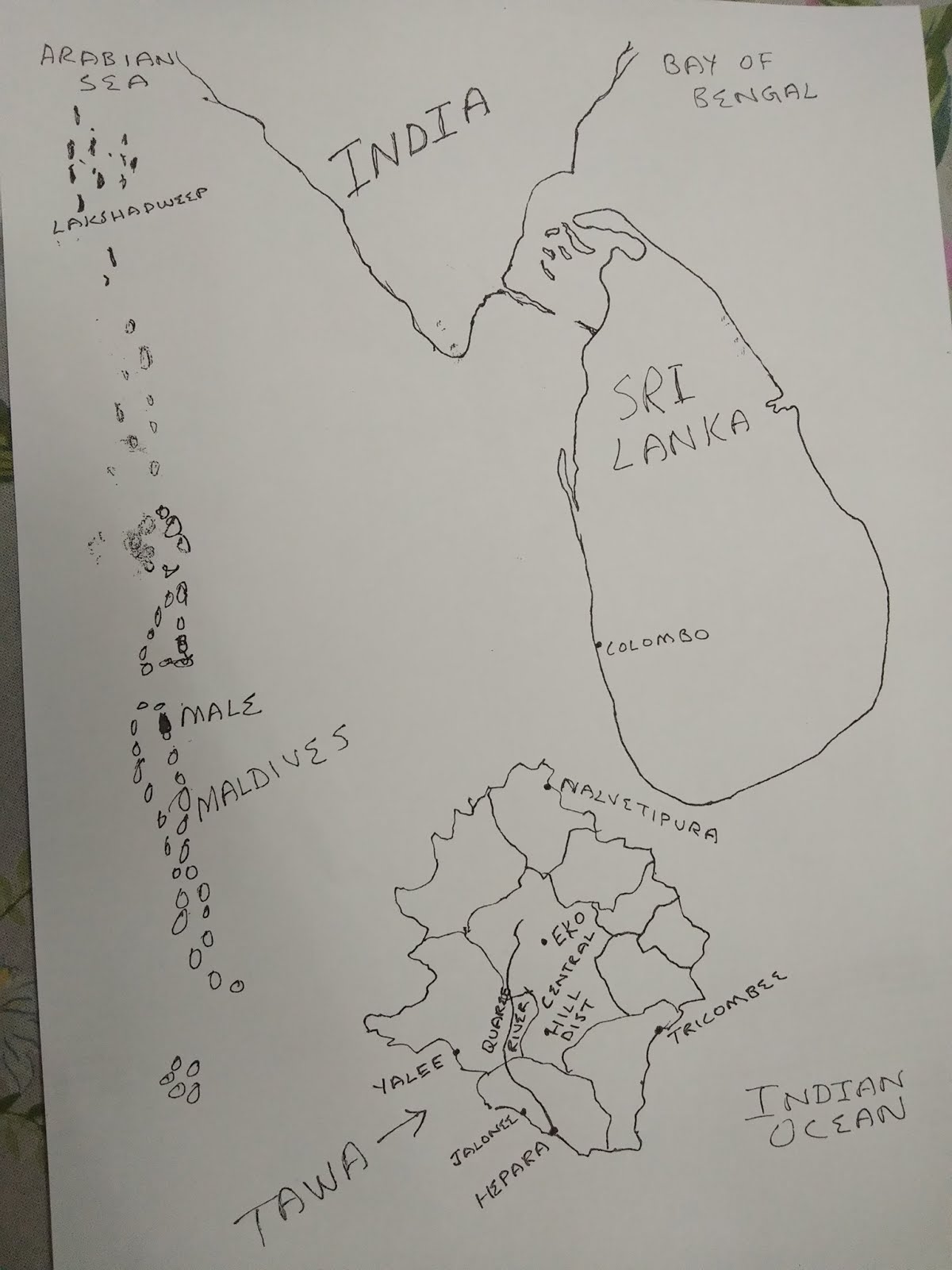
This monologue of a novel traces the journey of an upper class Pakistani-Punjabi youth from Lahore to Manhattan – and back. That’s right. Changez, the protagonist, wins a scholarship to Princeton, lands a dream job at Underwood Samson, a very reputed valuation firm, dates Erica, a trophy WASP girl, rubs shoulders with the best of America, identifies with New York, and then gives it all up and returns to Pakistan.
And why does he do that? Because Changez realises that he is a mercenary, not unlike the Janissary soldiers of the Ottoman Empire, trained from childhood to fight for the Sultan, even against their own homelands. Changez’s revolt starts after 9/11. When the world trade centre towers fall, Changez is in Manila on work. Till then, Changez has nothing but admiration for Princeton, Samson Underwood and America in general. But when the twin towers fall, Changez is surprisingly happy. It takes him a bit of time to sort out his feelings, but soon he realises that he identifies more with Pakistan and Muslims than with Americans or even New Yorkers. The antagonism towards Muslims post 9/11, America’s unwillingness to shield Pakistan when India threatens to invade Pakistan (in retaliation for terrorists attacking the Indian parliament) makes it easy for him to make the journey back to his roots.
The narration, addressed to a visiting American in a Lahori restaurant, is almost lyrical at times and is brilliant. Changez the protagonist does not make any attempt to understand the other side’s point of view. Not once does Changez find any fault with the Taliban or with Pakistani society, which is hardly egalitarian. While constantly blaming the US for not standing by Pakistan when threatened by India, the author does not for a moment pause to wonder whether Pakistan invited some of the trouble on itself by training the terrorists who attacked the Indian parliament. Until 9/11, Changez’s values are solidly rooted in the can-do liberal spirit of New York. But after the attack, he quickly slides into feudal values. Changez’s people have been attacked and he will have nothing more to do with the attackers. By staying on in New York and working for Samson Underwood, he will be helping America continue its attack on Afghanistan. So, even though he needs to hold on to his job very badly (so that he can help his once elite family stay on its feet), he quits his job and goes back to Lahore.
If Changez had lived in the US all his life instead of having moved there after finishing school in Pakistan, would he have behaved as he did? This is one of the numerous questions left unanswered. However, these gaps do not do the novel any harm as it unashamedly projects a single point of view in beautiful prose.
This novel is Mohsin Hamid’s second book. The first one, Moth Smoke was published eight years ago and won various awards and prizes, including the Betty Trask Award. The Reluctant Fundamentalist was (quite deservedly) shortlisted for the Booker Prize in 2007. I would recommend this book to anyone who wants to understand how a human being may react when his collective ego is hurt or his nationalistic feelings are bruised.





